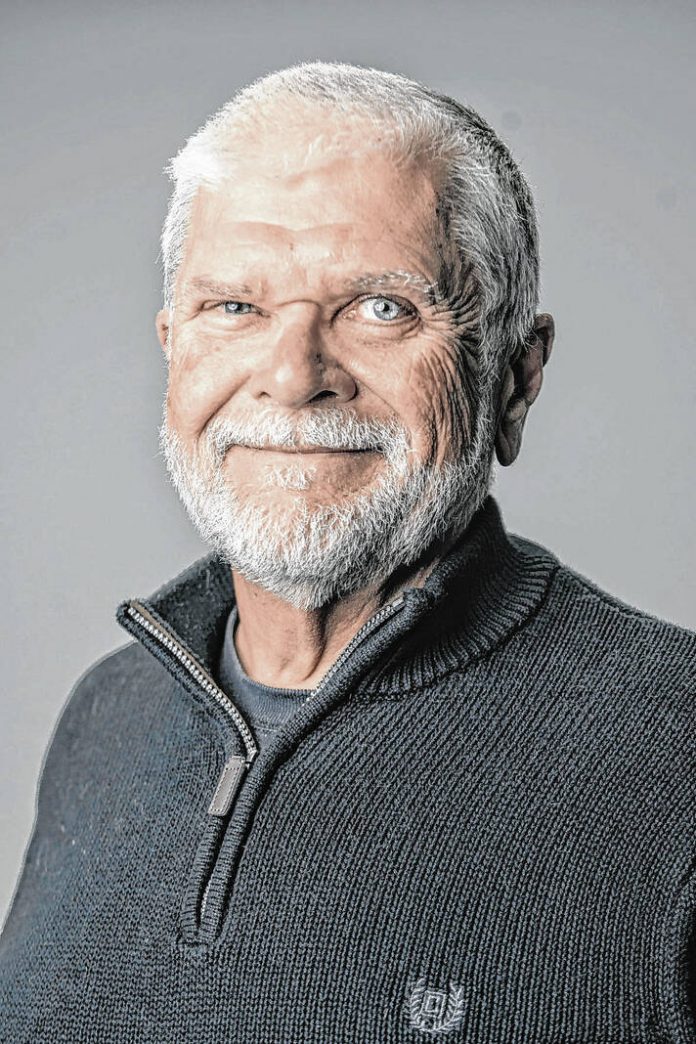My parents grew up in the Great Depression of the 1930s. They fought their way through economic hardships that brought shortages of just about everything that required money.
The economy would eventually recover in the 1940s with the help of World War II, as men became employed by the U.S. military and many who were left behind found jobs in the war effort. But still, shortages of everything from sugar to rubber tires brought on rationing and more hardships.
Americans who lived through these times are sometimes referred to as the nation’s “Greatest Generation.” But, of course, they were not “great” in many ways. Too often, the generation turned a blind eye to racial bigotry, misogyny, child abuse and many other social ills.
Still, they were a remarkable generation in that they were survivors — people who learned to “make do, and move on” — conservatives, conservationists in the best sense of the words.
Families left with the sad task today of cleaning out the homes of those “survivors” as they pass on can attest to their conserving nature — a nature ingrained in them by the shortages of their lives.
Many marvel at basements and cupboards grandma left behind, filled with old jelly and pickle jars as well as containers that once held cottage cheese, margarine, shortening, lard, coffee and a plethora of other staples of life. The eccentric idea that containers more recent generations see as disposable were once hoarded as valuable possessions brings a smile.
“Why would Grandma keep all of that dusty trash,” some wonder as they haul the remains of a lifetime of “make do” to the landfill.
Today an American majority — at least those of us fortunate enough not to live at the bottom of the economic ladder — no longer fears a shortage of the basics of material life. America embraces a throwaway world where landfills have replaced repair shops.
So, when our children, grandchildren and great grandchildren begin cleaning out the basements and cupboards of 2023 America to see what we saved and what we sent to the dump, what will they find?
I bet they will not have very many empty cottage cheese containers and pickle jars to smile about. My fear is they will not have to deal with what we have saved so much as what we sent to the landfill.
When they rush there to try to recover some of the 21st Century discards, I hope they do not find the whole area close as an unmanageable environmental hazard or underwater from climate change.
And I hope they do not find a crate labeled “Public school system — killed by private school vouchers.”
Or, how about that big black bag containing the First Amendment to the U.S. Constitution with a sticker that says “Separation of church and state, unless the church is Christian.”
Or, the side pocket of that bag labeled “Freedom of the Press, unless I don’t agree with what is being written or telecast.”
Then there is that big pile of books from the public library containing unapproved political ideas, information and thoughts about human sexuality, and any mention of historic oppression of minority races by the majority race.
And how about that trash container containing the Second Amendment — its admirable heart blown away so completely by zealots, corporate gun manufacturers, and fearmongers the masses rose up to repeal it in order to save tax dollars being used to mop the blood off the streets each day.
Overshadowing all from the top of the garbage pile undoubtedly will be a fly-infested mountain of garbage labeled “Representative Democracy — discarded via gerrymandered voting districts and minority governance by supermajorities created by both political parties.”
Wow. Our descendants will long for those basements and cupboards filled with old jars and cottage cheese containers.
Bud Herron is the retired former editor and publisher of the Daily Journal. Send comments to [email protected].




